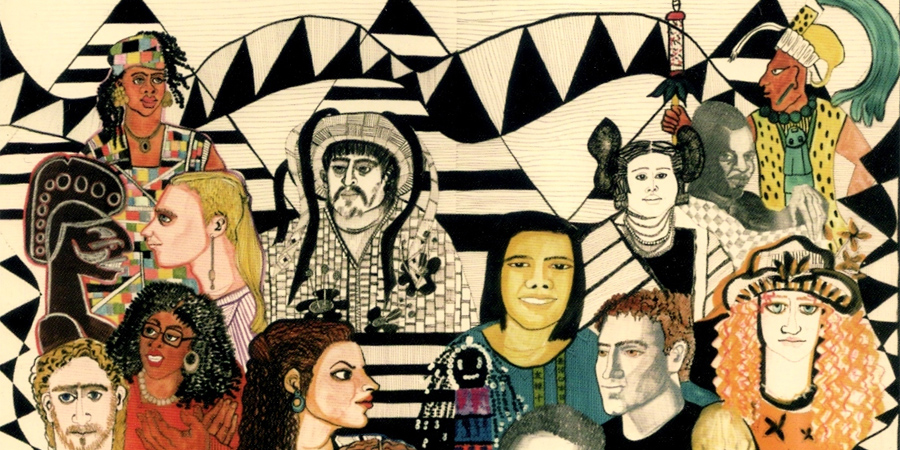Diversity, inclusion and industrial society

Role based development of the society has been the highlight of modern times. Society derives value from its individuals – who in turn benefit from its stability, growth opportunities and quality of life.
On the World day for cultural diversity for dialogue and development (21 May); ‘us’ as the value drivers of several industrialized economies around the world – need to reflect, evaluate and respond to larger issues.
- Lack of uniform policies around the world on diversity and inclusion.
- Lack of platform to enhance intellectual dialogue and exchange on the subject, in the context of industries
- Lack of objective driven focus to co-create and establish dialogue amongst populace
These issues aren’t just hurdles from a public policy perspective but the key focus areas for human capital development – quality of life and growth opportunities are intimately linked with them as well.
As India looks to focus on shifting a significant portion of its jobs from informal to formal economy – diversity and inclusion as the lens for ‘modern industrial vision’ has to become a top priority.
Needless to say workplaces derive immense benefits from a diverse talent pool. The inclusion of human resource across all spectrum of genders protects, nourishes and anchors ‘trust’.
Trust has a fairly common viewpoint but the perspectives can vary and differ – human resource development into human capital creation has a bottleneck – our societal views on diversity itself.
Our cultural beliefs and collective beliefs as a nation and society affect the ‘how and why’ of industrial development. To account development and progress in terms of providing more and more people from a diverse socio-cultural (and talent) background means that the talent pool gets enhanced. Newer capabilities added via individuals can bolster value delivered along with creation of unique opportunities for learning.
Automation altered industrial landscape will very soon fuel demand for multi-talented human resources to rise and meet the challenge. The challenge of future which is global heating and the catastrophe of man-made pollution on this planet.
Inclusion in the context of industrial society means a workplace which has equal opportunities across all genders and identities. Where wage gaps and imbalance do not hinder growth of individuals and therefore, each merit, opportunity and viewpoint creates a collective vision of progress.
Surprisingly, India’s growing population, march into the age of digital empowerment and better economic conditions STILL haven’t had a positive influence on more women finding employment in the formal economy.
Another key issue is training and skill enhancement. Diversity and inclusion can benefit from these instruments and magnify the potential of value delivered within a span of few decades.
What we as members of industrial, safety and health domain need to identify are the opportunities which lie within our focus areas. Hiring, talent management and retention along with a quality workplace experience. These are the magnets which can help align even the most polarised societies in the present, bisect and battered by inequities.
Diversity and inclusion are the characteristics which will define economies of the future simply because creativity, innovation and the potential to meet newer challenges requires more than just mechanized automation. It requires the nuance of applied human thinking into what we are and what we wish to become, in order to sustain this planet for the coming hundred years.
Image credit: Pure Diversity ©1993 Mirta Toledo


